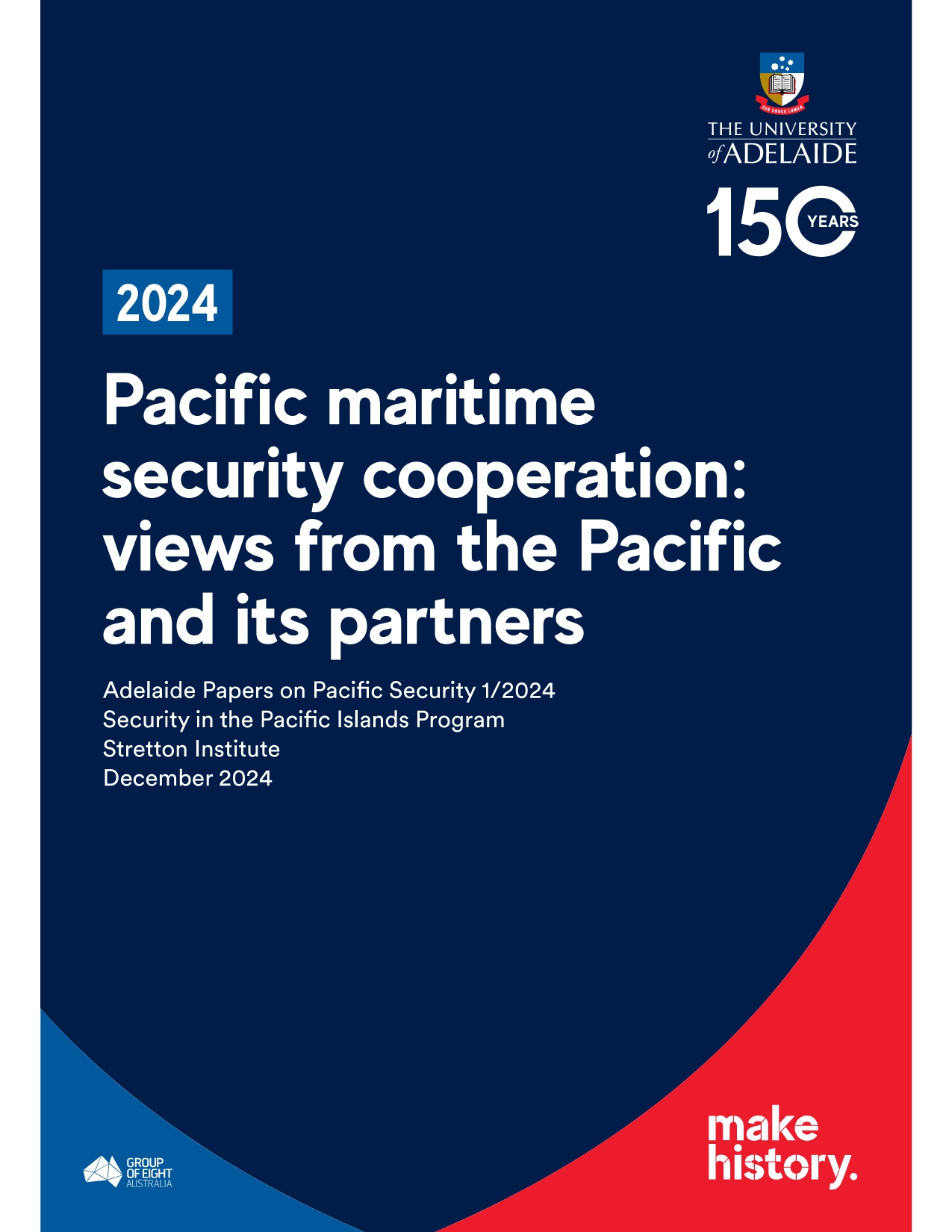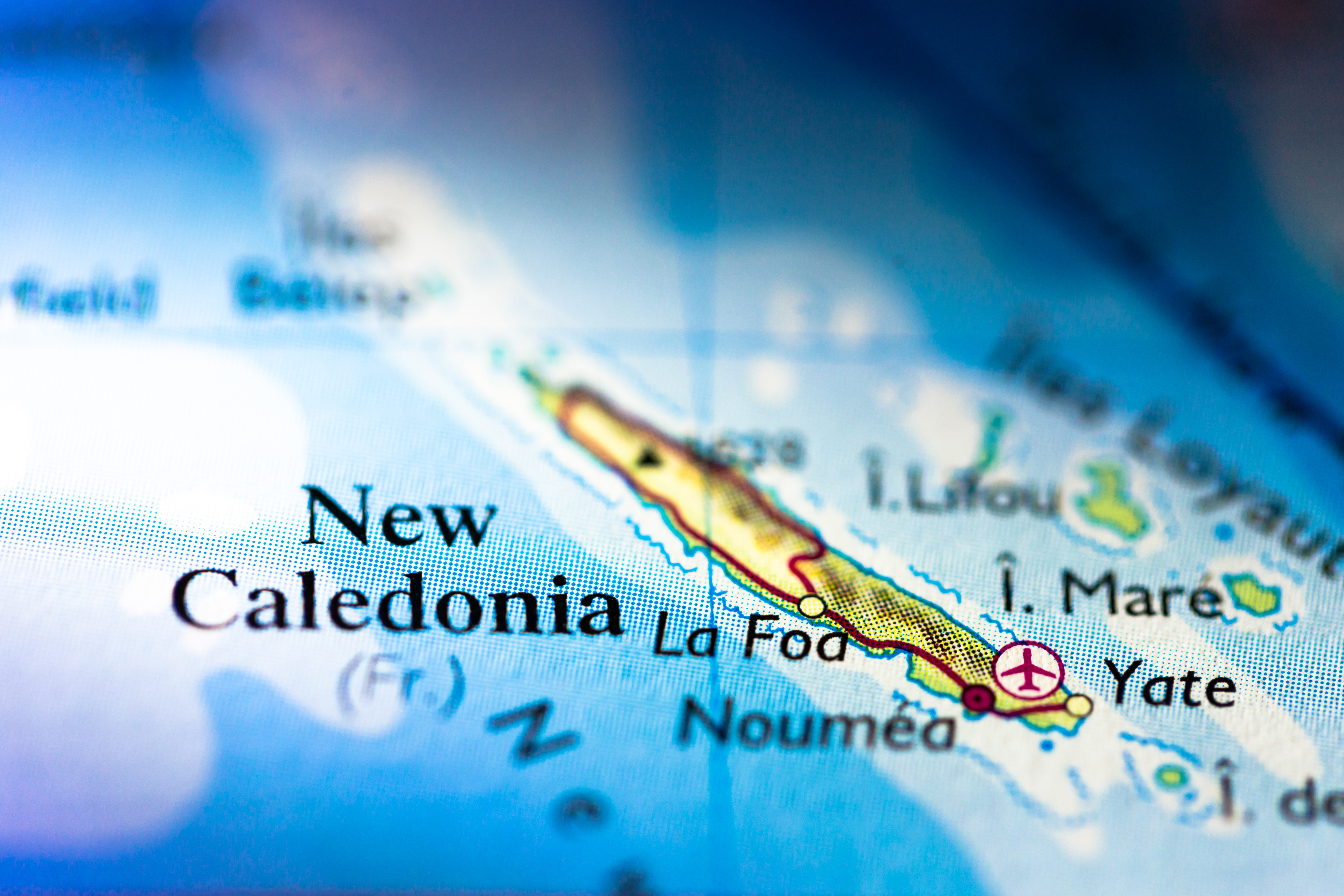France’s maritime security cooperation in the Pacific

France plays a significant role in Pacific maritime security, particularly through the active participation of its overseas territories and the contribution of its stationed armed forces to regional cooperation initiatives.

- However, uncertainties about the degree to which local authorities can independently or collaboratively exercise their competencies in maritime security and regional cooperation complicate France’s role and contributions.
- Beyond its military presence, France can make substantial contributions to ocean governance in the Pacific. Its expertise and resources can support sustainable management of marine resources, enhance regulatory frameworks, and promote cooperation on environmental conservation and climate resilience across the region.
Download Pacific Maritime Security Coordination: Partnerships, Priorities, and Possibilities via Stretton Institute's website: France’s maritime security cooperation in the Pacific

Themes and regions
Share
Related centers and programs
Discover our other research centers and programsFind out more
Discover all our analyses
RAMSES 2024. A World to Be Remade
For its 42nd edition, RAMSES 2024 identifies three major challenges for 2024.

France and the Philippines should anchor their maritime partnership
With shared interests in promoting international law and sustainable development, France and the Philippines should strengthen their maritime cooperation in the Indo-Pacific. Through bilateral agreements, expanded joint exercises and the exchange of best practices, both nations can enhance maritime domain awareness, counter security threats and develop blue economy initiatives. This deeper collaboration would reinforce stability and environmental stewardship across the region.

The China-led AIIB, a geopolitical tool?
The establishment of the Asian Infrastructure Investment Bank (AIIB) in 2016, on a Chinese initiative, constituted an attempt to bridge the gap in infrastructure financing in Asia. However, it was also perceived in the West as a potential vehicle for China’s geostrategic agendas, fueling the suspicion that the institution might compete rather than align with existing multilateral development banks (MDBs) and impose its own standards.
Jammu and Kashmir in the Aftermath of August 2019
The abrogation of Article 370, which granted special status to the state of Jammu and Kashmir (J&K), has been on the agenda of the Bharatiya Janata Party (BJP) for many decades.







